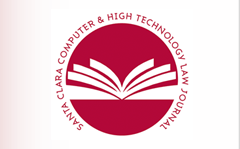Abstract
An empirical analysis of the first ten years of decisions by the Board Patent Appeals and Interferences regarding inter partes patent reexamination appeals was conducted. The analysis of 101 cases focused on answering three broad questions: (1) How accurate are the specialist patent examiners of the Central Reexamination Unit of the U.S. Patent and Trademark Office? (2) Do patent owners or third party requestors fare better in appeals of decisions in inter partes reexamination proceedings? (3) Which types of appeals are more likely to be successful? The examiners’ determinations were upheld more than three fourths of the time; third party requestors tended to be more successful than patent owners at winning appeals; and appeals solely by third party requestors of unadopted grounds of rejection were the most successful type of appeal. These historical observations can be used to predict the success rate for appeals of Patent Trial and Appeal Board decisions in Inter Partes Review (IPR) proceedings, which was implemented in September 2012. Appeals of IPR decisions by third party requestors are predicted to have a better success rate at maintaining patent claim rejections and adding new grounds of rejection than appeals by patent owners will have at receiving reversal of patent claim rejections.
Recommended Citation
Eric J. Rogers,
Ten Years of Inter Partes Patent Reexamination Appeals: An Empirical View,
29 Santa Clara High Tech. L.J. 305
(2013).
Available at: https://digitalcommons.law.scu.edu/chtlj/vol29/iss2/2

